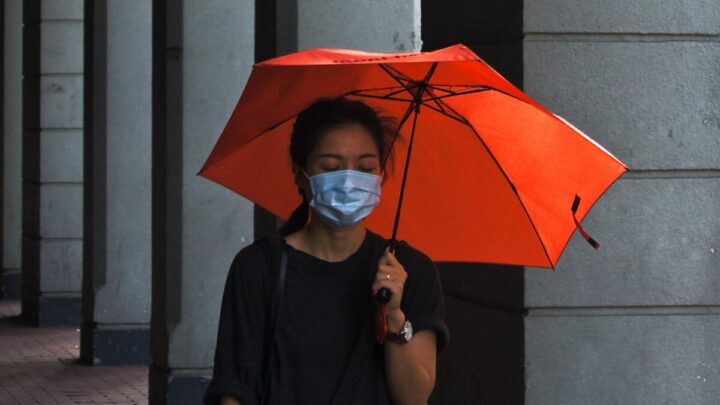The 2019 Novel Coronavirus (2019-nCoV) is a newly identified virus strain that was first reported on 31 December 2019 from Wuhan city, Hubei Province of China. This virus was later identified by the Chinese authorities on 7 January 2020. The 2019-nCoV is a Coronavirus, a family of viruses which usually causes respiratory problems including the common cold, SARS (Severe Acute Respiratory Syndrome) and MERS (Middle East Respiratory Syndrome). Until now, several cases have been reported from Japan, the Republic of Korea, Singapore, Vietnam, Nepal, Malaysia, France, Australia, and the United States. Traveling season to/from China due to the Chinese New Year celebration increases the spread of 2019-nCoV to other countries.
Origin and Transmission
Coronavirus is a zoonotic virus which means it is transmitted between animals and from animal to human. It was reported that SARS-CoV was first transmitted from civet cats to humans in China in 2002 and MERS-CoV from dromedary camels to humans in Saudi Arabia in 2012. Several investigations of the first pneumonia outbreak cases of 2019-nCoV in Wuhan revealed a link to a large market that sells live animals and seafood. Recently Chinese authorities have reported transmission from human-to-human, including the healthcare workers. However, there has not been adequate epidemiological information to support this theory and thus is still under investigation. Human-to-human transmission has been reported previously in SARS-CoV and MERS-CoV cases which were thought to be transmitted through close contacts with the infected patient (droplet infection).
What are the symptoms?
Symptoms reported including fever, cough, and shortness of breath. Complications may include pneumonia, severe acute respiratory syndrome, kidney failure, and even death.
Treatment
There is no specific treatment to cure Coronavirus. Treatment is still limited to relieving the symptoms. The vaccine for Coronavirus has not been available yet.
How to protect ourselves from Coronavirus?
- Wash your hands frequently with water and soap. If water and soap are not available, use an alcohol-based hand sanitizer.
- Avoid touching your eyes, nose, and mouth with unwashed hands.
- Avoid close contact with a sick person.
- Stay at home and avoid traveling while being sick.
- Cover your nose and mouth with a tissue while coughing or sneezing, and dispose the tissue to a trash bin afterward. If you do not have a tissue with you, cough or sneeze into your elbow (not your hands).
- Clean and disinfect frequently the objects and surfaces which you touch often.
- Avoid unnecessary contact with animals (live or dead) and animal markets, and always wash your hands after contact with an animal.
- Cook meats and eggs thoroughly before consuming them.
- CDC advises of avoiding unnecessary traveling to the Hubei Province of China. Traveling to other parts of China is allowed with precautions.
